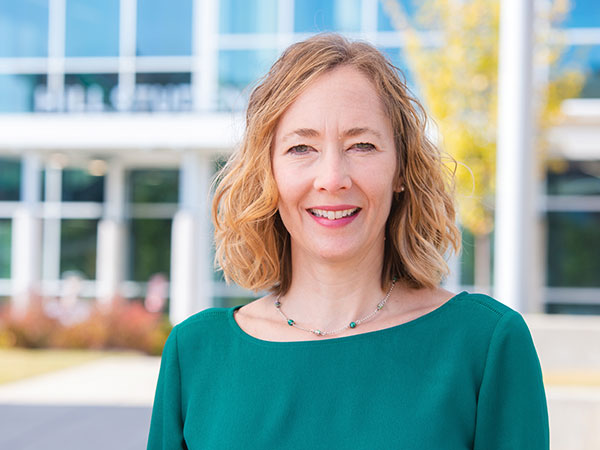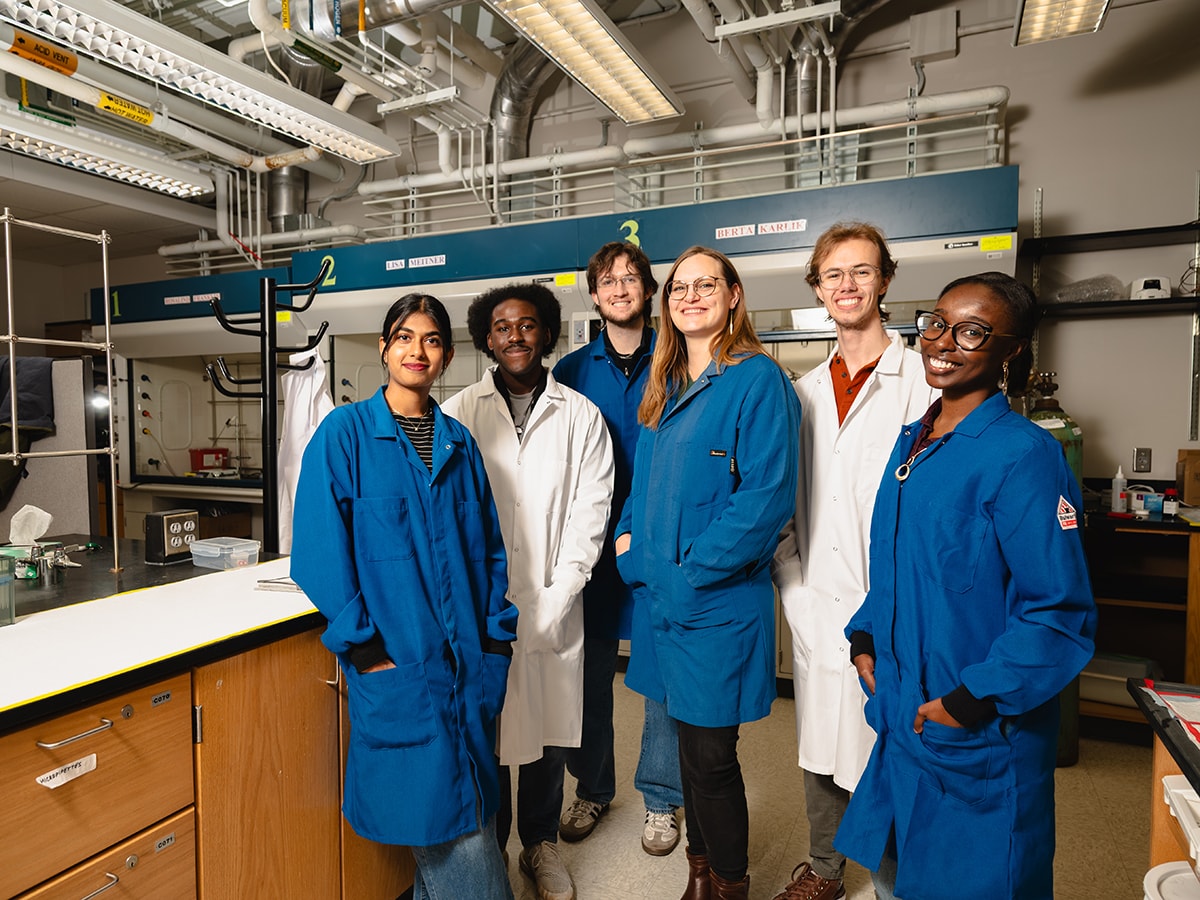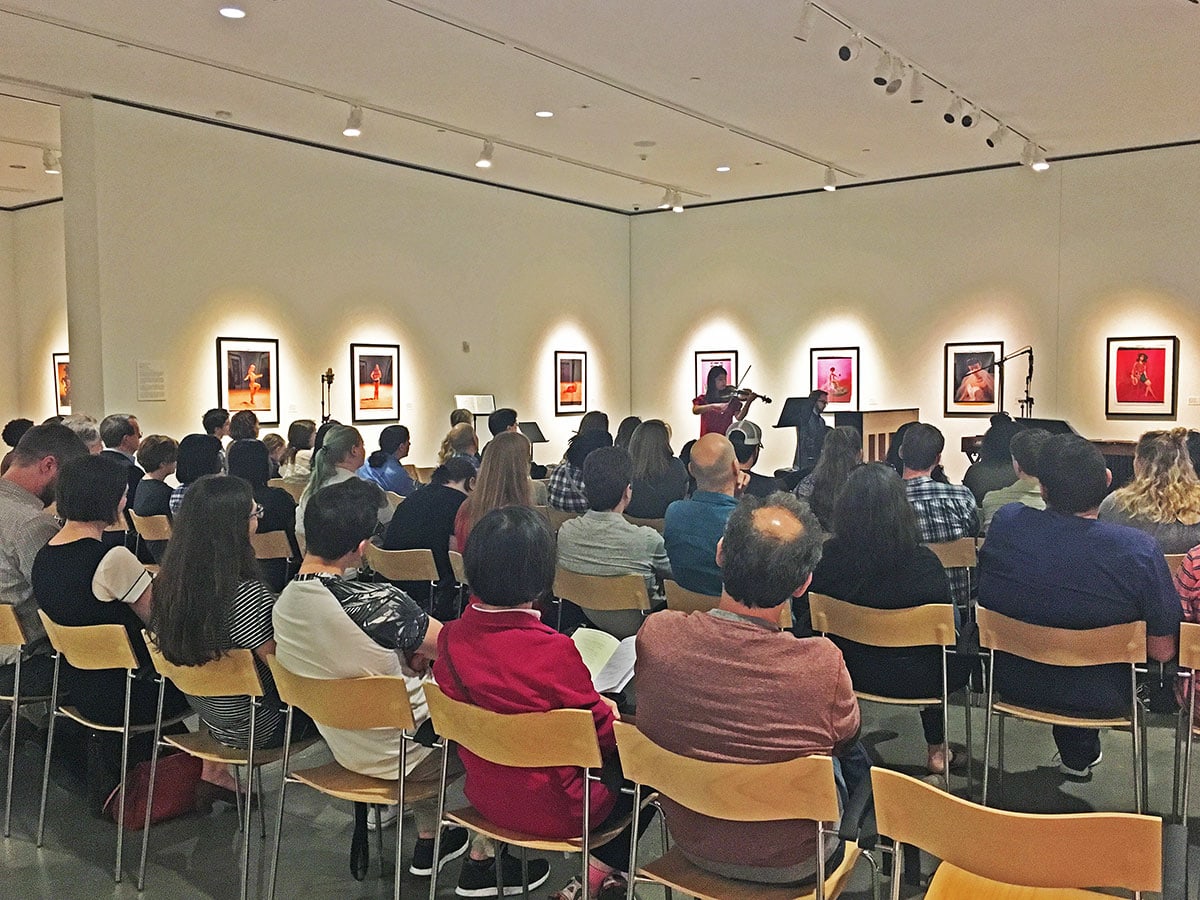 Nothing brings human rights into focus quite like a global pandemic. At the UAB Institute for Human Rights (IHR), we knew from the beginning that no matter what adjustments we needed to make in our programming or day-to-day operations, we had important work to do bringing attention to the disparities and devastations that COVID-19 would invariably wreak on the world. While we were grappling with how the pandemic would impact our own lives, it became the focus and mission of the IHR to provide information and insight into the perspectives and experiences of people whose lives were impacted in vastly different (and often more devastating) ways. Our interns got to work researching and posting about the horrors of COVID-19 for the most vulnerable among us, focusing on how the pandemic was exposing and exacerbating human rights violations for People of Color in the United States, refugees and displaced persons in the Middle East, women, persons with disabilities, and the LGBTQ+ community in the U.S. and around the world.
Nothing brings human rights into focus quite like a global pandemic. At the UAB Institute for Human Rights (IHR), we knew from the beginning that no matter what adjustments we needed to make in our programming or day-to-day operations, we had important work to do bringing attention to the disparities and devastations that COVID-19 would invariably wreak on the world. While we were grappling with how the pandemic would impact our own lives, it became the focus and mission of the IHR to provide information and insight into the perspectives and experiences of people whose lives were impacted in vastly different (and often more devastating) ways. Our interns got to work researching and posting about the horrors of COVID-19 for the most vulnerable among us, focusing on how the pandemic was exposing and exacerbating human rights violations for People of Color in the United States, refugees and displaced persons in the Middle East, women, persons with disabilities, and the LGBTQ+ community in the U.S. and around the world.
In March 2020, we had to cancel the remainder of our guest lecture series, but by fall, we had pivoted to hosting our events in the virtual space. In some ways, it opened up opportunities for us to invite international speakers we would have otherwise had a hard time hosting. With the murder of George Floyd and the insurgence of protests in support of Black Lives Matter over the summer, we decided to focus our fall programming around the duel pandemics of COVID-19 and racial injustice, considering how they were interconnected and how dealing with one required dealing with the other as well. Of course, all of this was happening during one of the most contentious election seasons in recent history. Here are some highlights from the past year.
IHR Blog
In March 2020, as the United States was just beginning to grapple with the virus, I wrote about how public health policy and legislation in response to COVID-19 would have significant consequences on human rights, and how states and public health agencies should be intentional about protecting human rights as they develop and implement policies aimed at abating the spread of the virus. IHR Blog intern Carmen Ross wrote about the intersections of the coronavirus and racism, discussing how the rise in hate speech, violence, and discrimination against people of Asian descent fit into the historical pattern of unfairly blaming a particular group of people for the outbreak of a disease. Our guest blogger, Grace Ndanu, who lives in Kenya, enlightened our readership on how the pandemic was playing out in her country and the disparities she was noticing along the fissures of the rural/urban divide.
We also invited middle school students from Birmingham City Schools to write about their perspectives and experiences. They wrote about the difficulties transitioning to an online learning environment and how they hoped the Black Lives Matter protests would inspire real and lasting change in the way our institutions regard the value of Black people.
IHR Guest Speaker Events
In the Spring of 2020, we started a series of virtual events called Human Rights in Times of COVID-19. For each event, we invited a panel of experts to discuss different issues related to a human rights approach to managing a global pandemic. We began with a discussion of public safety versus individual liberty, talking about how to navigate the tension created by the authority of governments to impede on individual rights in times of public emergencies such as pandemics and the implications for human rights and people’s lives in the U.S. and elsewhere. Leading up to the fall semester, we invited education experts to discuss how the response to COVID-19 affected the right to education for students in situations of more or less privilege and access.
We also hosted an event with the Offender Alumni Association, which works to assist formerly incarcerated people to re-enter the job market, find affordable housing, and achieve success and well-being in their lives after prison. In addition, we hosted a panel discussion on voting as a human right that featured local activists, civil rights foot soldiers, and political scientists. One of the opportunities that came with the virtual format was the ability to invite international scholars and human rights advocates from all around the world to give us perspectives on human rights and human rights violations in places such as Turkey, Greece, the Palestinian territories, the U.K., and Cuba, among others.
Social Justice Café
With quarantine and working from home, along with heightened political tensions pervading the national discourse, we recognized the need for people to engage with one another and discuss everything going on. This prompted us to start the Social Justice Café, a virtual space to come together and have these discussions. This space is welcoming and inclusive; it is built around civil discourse and meaningful connection. Over the course of the spring semester, we met to discuss the Biden administration’s approach to human rights, Dr. King’s notion of equity and how to carry that forward in the 21st century, the rise in anti-Asian violence and discrimination, the insurrection, extremism and transitional justice, and the crisis at the U.S./Mexico border.
We plan to continue our virtual programming, and we encourage you to join us!
Find upcoming events for the Institute for Human Rights and subscribe to their newsletter.


